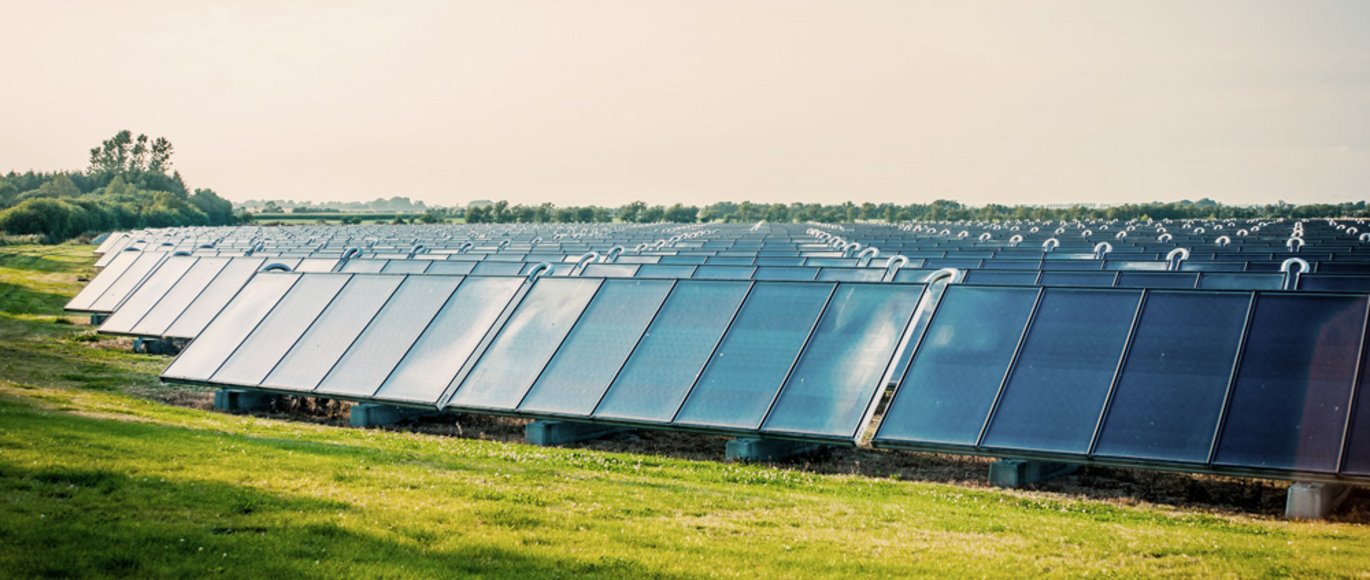Debate: The shortage of engineers is beginning to look catastrophic for the green transition
After a long hot summer, the gravity of the climate crisis has begun to get under the skin of most people, and with the war in Ukraine, the world has a new security policy arena. Limited access to natural gas means soaring energy prices. The good news is that Denmark has the much coveted know-how and expertise to take the lead and pave the way into a new energy-historical reality, in which we can ensure stable access to renewable energy and significant reductions in our climate impact. The bad news is that we cannot move forward without more engineers.

By Eskild Holm Nielsen, dean of Faculty of Technical Sciences, Aarhus University, Laura Klitgaard, chairman of the Danish Society of Engineers, IDA, Björn Andresen, professor at the Department of Electrical and Computer Engineering, Aarhus University, Per Hessellund Lauritsen, research director at Siemens Games
After a long hot summer, the gravity of the climate crisis has begun to get under the skin of most people, and with the war in Ukraine, the world has a new security policy arena. Limited access to natural gas means soaring energy prices. The good news is that Denmark has the much coveted know-how and expertise to take the lead and pave the way into a new energy-historical reality, in which we can ensure stable access to renewable energy and significant reductions in our climate impact. The bad news is that we cannot move forward without more engineers.
Perhaps this unique historical situation is our chance to add the necessary impetus to the green transition and upscale the amount of renewable energy throughout Europe. We have some very good cards to play: New technology, know-how and models that clearly show that wind and solar energy are the most cost-effective cornerstone of a climate-neutral energy system – especially if combined with Power to X technologies and new technologies to capture CO2 from the atmosphere.
New technological opportunities and significant political climate targets have put wind in the sails of the energy sector. But none of this is enough to accelerate the green transition as much as is necessary. If we are to phase out fossil fuels and do without Russian gas, we need huge amounts of wind and solar energy in the European supply networks, and they are simply not geared up for this. The solution is not just to lay more cables and construct new substations. That is both expensive and inadequate. We also need to implement far more flexible solutions that can enable storage of different types of energy, in different ways, and across sectors in a single coherent energy system, while at the same time ensuring smooth transport of electricity across national borders.
This is where we have to start: it is the largest and most urgent task facing the energy sector and society. And it is a task that requires engineers. A great many engineers.
In other words, it makes no sense to talk about carbon reductions and the green transition without also talking about who is going to develop the technologies, implement them and future-proof our energy system. The shortage of engineers is therefore no longer just a barrier to corporate growth; it is a problem for the entire Danish economy. It inhibits our ability to act effectively, to curb global climate change, and to achieve territorial security and independence in Europe.
In 2022, climate policy has also become security policy and, to a great extent, educational and research policy too. It is crucial that our politicians start to adopt a holistic approach to the challenges facing the energy sector in the upcoming Danish election campaign.
More engineers are a good starting point. Industry, business, universities and Danish Society of Engineers, IDA have been shouting out about the serious shortages for several years. We are now facing an upheaval, in which the lack of engineers – at least in the energy sector – is becoming catastrophic for the green transition and thus for a fossil-free future, security of supply, independence and stability.
It is vital that Danish society can attract foreign engineering students at Master's degree level. Once they are here, we at the universities and in the business community will take over and do what we can to secure the framework for full employment in the energy sector
This debate article was published in Jyllands-Posten on 18 September 2022
